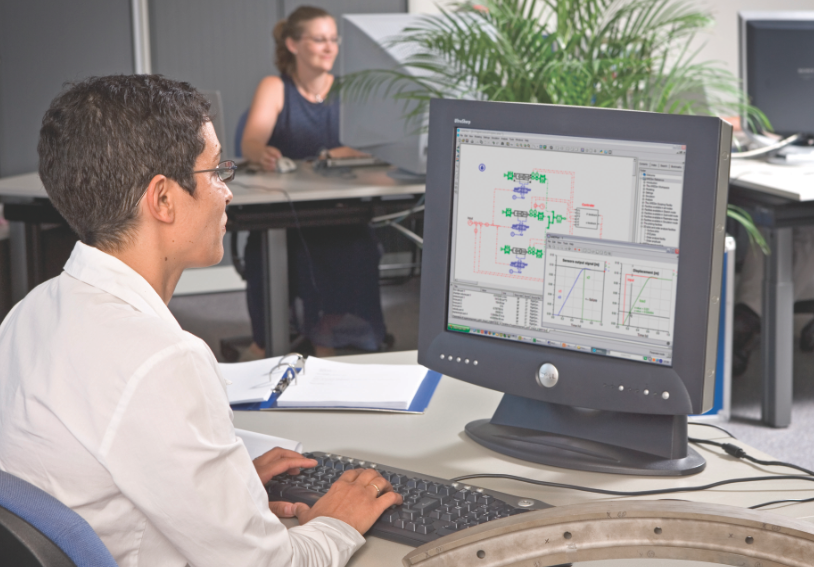Says will be ‘first PLM software company to provide closed-loop’
PLANO, Texas – Siemens announced yesterday it will expand its portfolio of industry software by acquiring LMS International NV, Leuven, Belgium, what it called, “a leading provider of test and mechatronic simulation software including model-based systems engineering to the automotive, aerospace and other advanced manufacturing industries.” With this acquisition, Siemens said it “will become the first product lifecycle management (PLM) software company to provide a closed-loop systems-driven product development solution extending all the way to integrated test management.”
The intent is to increase simulation accuracy, thereby designing a product that is more likely to perform as intended right from the outset after actual production. This aligns with Siemens’ “strategy that unites the virtual and real worlds and is well positioned in integrating virtual product development with physical manufacturing,” the company said.
With the acquisition of LMS, Siemens said it “can provide a complete suite of virtual design, simulation and physical performance testing applications intelligently integrating all aspects of the product development process.”
You can learn more about LMS in the following video:
“With the acquisition of LMS,” said Anton S. Huber, CEO of the Industry Automation Division, in a statement, “we are expanding our portfolio of industry software in an area that is critical for many customers. They will now be able to simulate, test, optimize, and produce their products in a unified, consistent data environment. This will make them faster, more efficient, more flexible, and more cost-effective.”
Siemens said this acquisition builds the company’s HD-PLM “vision of providing an immersive, decision-making environment to help customers make smarter decisions resulting in better products.” Further, the company said Siemens and LMS “are both committed to providing open solutions, which allow customers the flexibility to integrate with existing systems to improve the efficiency and effectiveness of their product development and manufacturing processes.”






